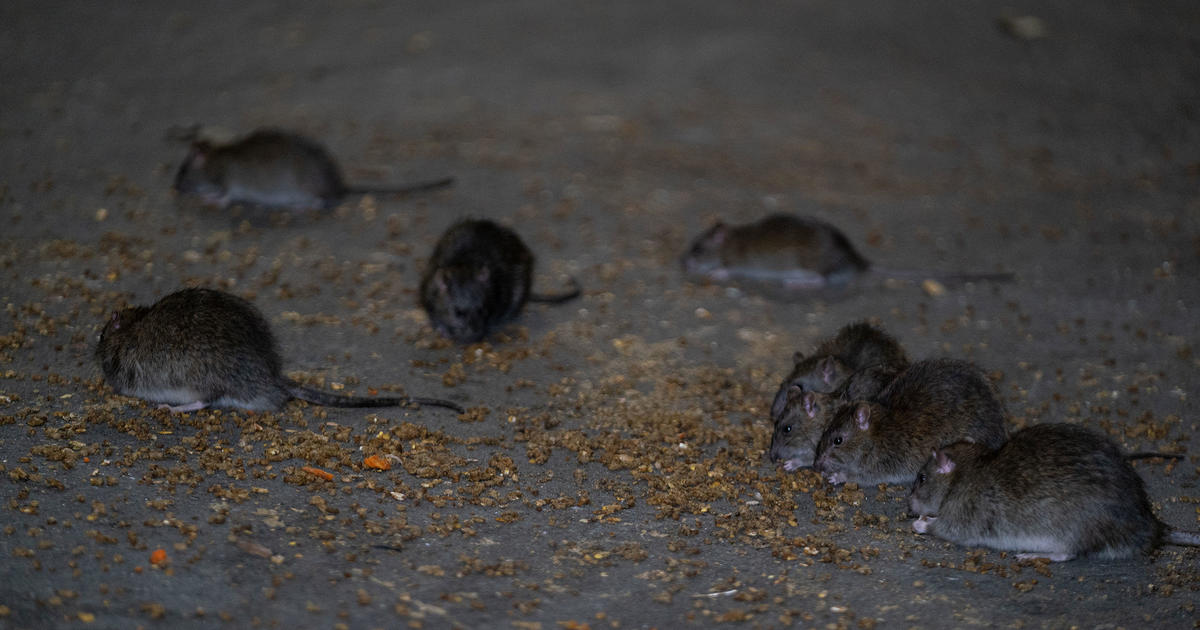Got Hairballs? ASPCA Offers Tips On National Hairball Awareness Day
By Susan Richard
New York (CBSNewYork) -- It was one of those moments that I usually meet with a series of four letter doozies, but this time, I reacted to the giant grey blob on my couch (which was forming a giant stain) with a resounding "Yes!".
That's because about two hours earlier I had booked a video interview with ASPCA Veterinarian, Dr. Amy Greenbaum, to talk about National Hairball Awareness Day. That's right, people. The last Friday in April is all about undigested cat fur, and now I was going to have real life footage for my story.
Awesome. LOL.
Hairballs, if you didn't know, are just that. They're clumps formed by fur that makes its way into a cat's digestive system when they groom themselves, but don't make it all the way through. In other words, if they don't poop it out, they barf it up. Long haired cats are more susceptible, according to Dr. Greenbaum, but excessive grooming and excessive vomiting could be signs of more serious problems, and should be checked out by your Veterinarian.
Hear what else Dr. Greenbaum has to say, and check out some of the cute ASPCA adoptables in the latest episode of my web show "All For Animals":
The ASPCA website offers the following tips to preventing/reducing hairballs:
- Brush your cat to decrease the amount of hair that is ingested. If he has long hair, try to brush him daily. Afterwards, wipe your cat with a clean cloth to remove any loose hairs.
- Feed your pet commercial cat food specifically formulated to reduce hairballs. By improving skin and coat health, reducing shedding and increasing the amount of fiber in your cat's diet, certain foods can decrease the formation of hairballs.
- Give your cat a hairball remedy or lubricant, available at most pet supply stores, to encourage the passage of hair through the intestinal tract. Such products should be used as directed.
- Long-haired cats, those who shed excessively and those who groom themselves compulsively are especially prone to hairballs. In some cases, frequent vomiting of hairballs may indicate an underlying gastrointestinal problem, such as inflammatory bowel disease or cancer.
- If your cat grooms himself excessively, give him a new toy or engage him in play to distract him from this activity. You will not only reduce the incidence of hairballs, but also spend some quality social time with your furry friend.
- If your cat's gagging continues for more than one day or if he seems constipated or has diarrhea, please see your Veterinarian. In rare cases, hairballs can get stuck in the esophagus or cause intestinal blockages, which may require surgery to correct. These symptoms can also be signs of a more serious condition. It's a good idea to consult with your vet if you see any of these abnormal clinical signs.
Get even more info, by clicking HERE.



